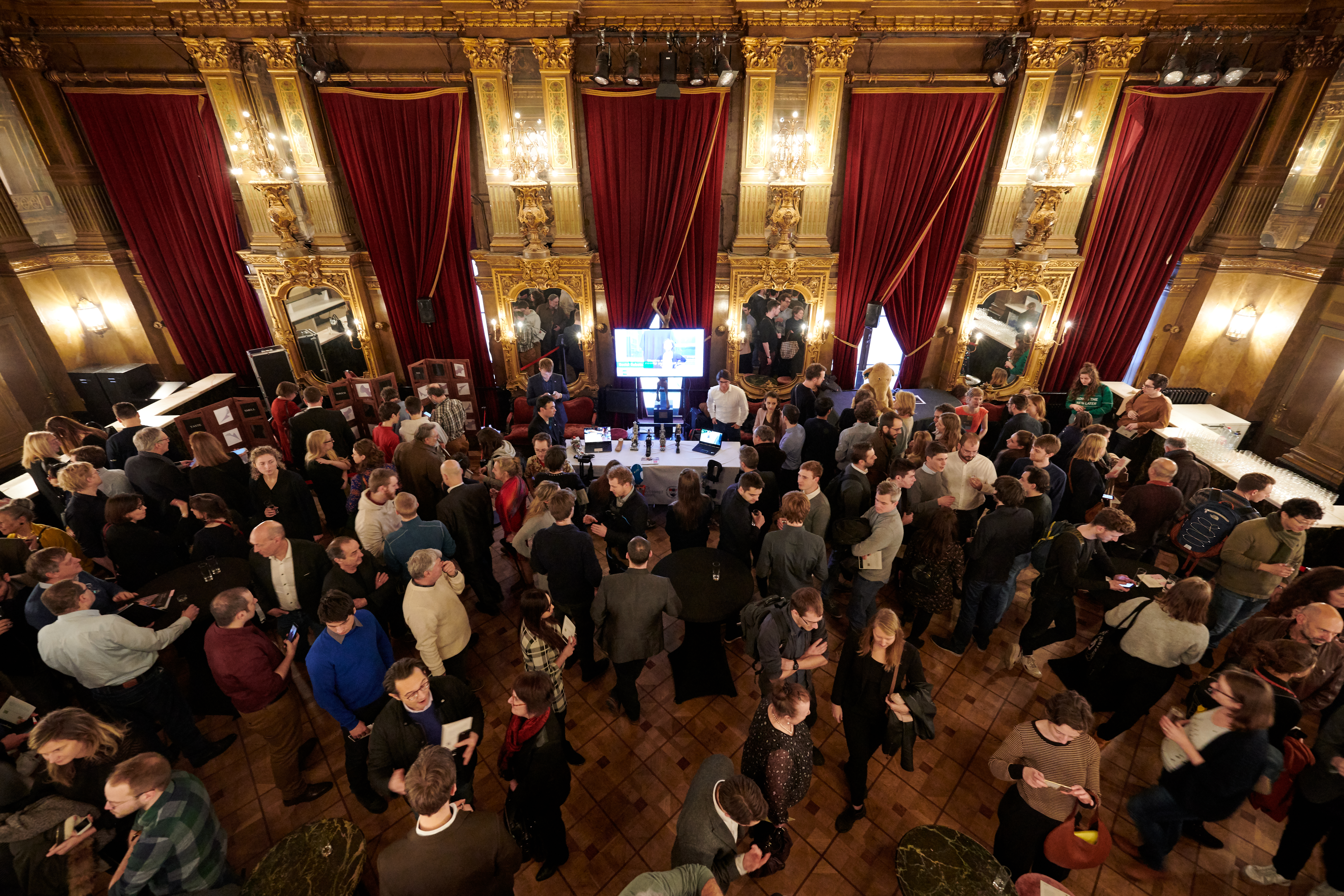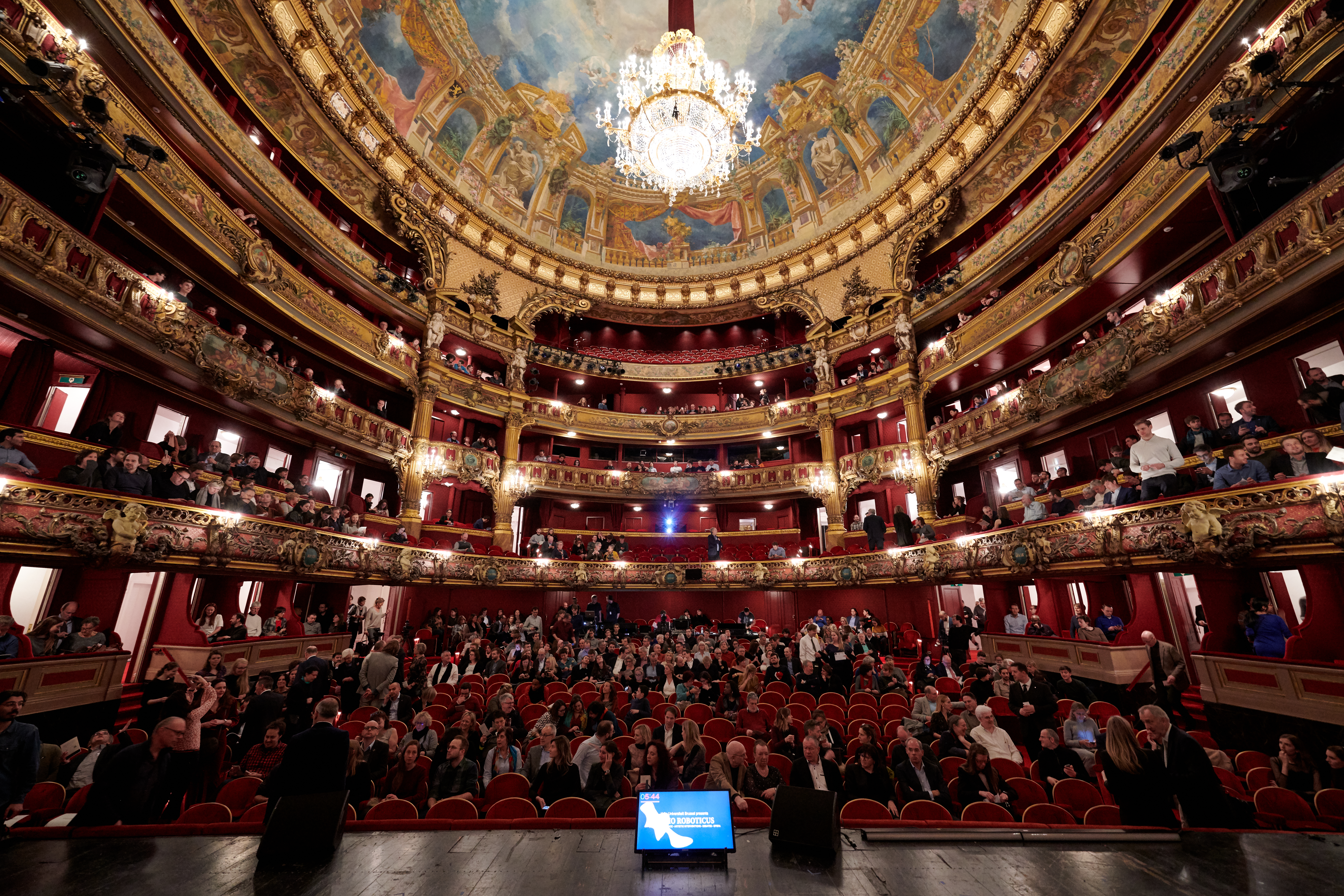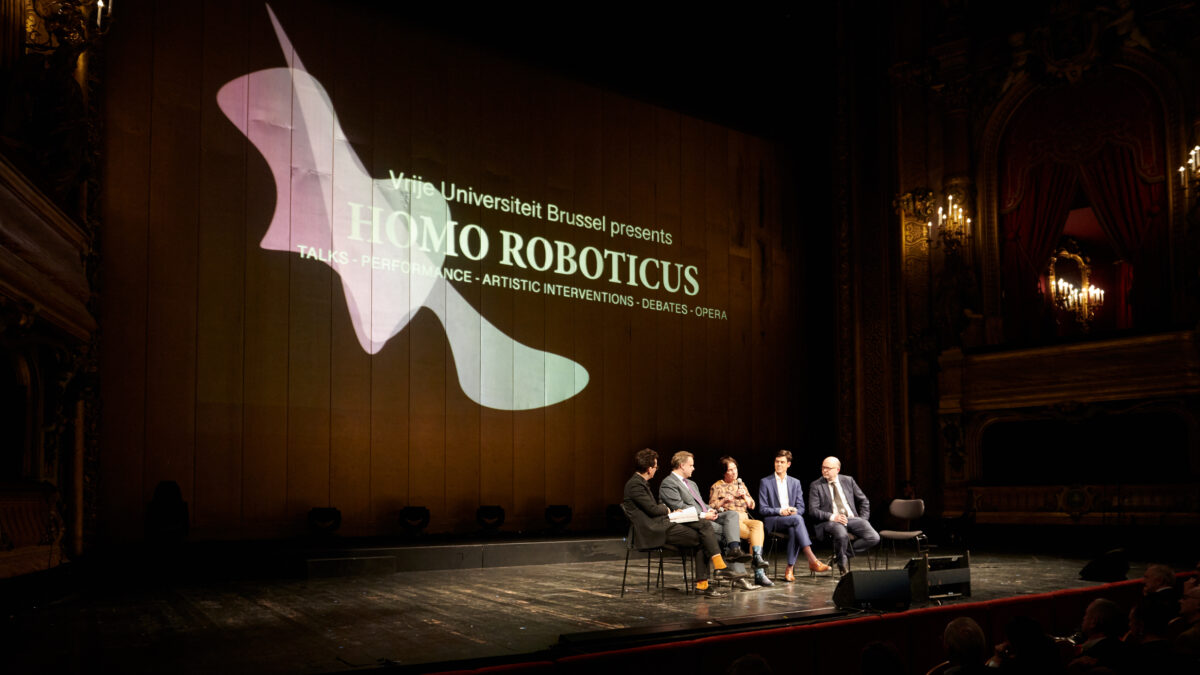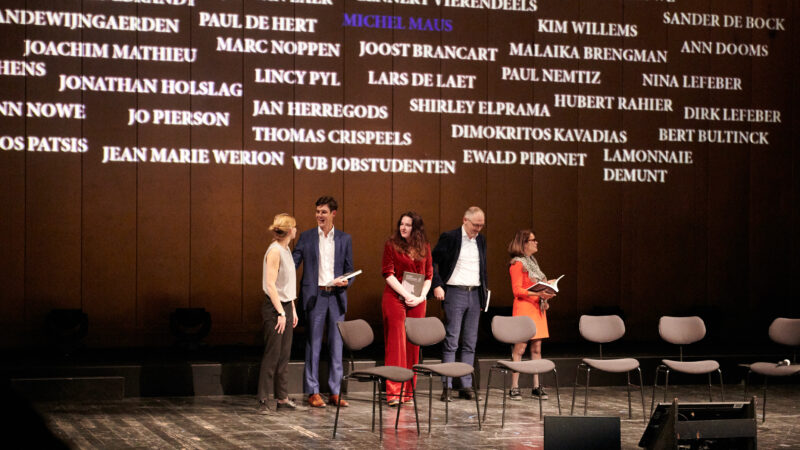Homo Roboticus

© 2019 Jean Cosyn. All rights reserved.
Homo Roboticus focusses on the interplay between robotics, ethics and society. In this increasingly roboticised society, we are constantly exploring new technologies. Whilst robotics and artificial intelligence can greatly benefit both people and nature, they also have the capacity to generate fear. Technology has the power to enhance economic growth and transform societies but it also has the power to overwhelm. The emergence of robotics and artificial intelligence make this more true than ever, with their application seeming ubiquitous: from robots in factories to people becoming cyborgs, from self-driving vehicles to killer robots…
Human and robot will have to find ways to live together, which raises many technological, social and ethical questions. How do we as humans want to live in the future? These are the kinds of questions Homo Roboticus wants to address, through its book, its activities in Brussels and Flanders, and through public surveys. The book Homo Roboticus was launched at La Monnaie alongside a host of artist interventions, debate, and performances and, following the launch, the Homo Roboticus team organised further events in New York, Paris, Kinshasa, Los Angeles and Bruges. Each edition was careful to involve different local experts and artists in the field.

© 2019 Jean Cosyn. All rights reserved.
Fifty-seven VUB academics collaborated on the project. Philosophers, engineers, architects, tax experts, lawyers, economists, moral and communications scientists, political scientists and others examined the themes of man and technology, each from their particular perspectives. The aim was to explore how the VUB’s values – equality, freedom and solidarity – can remain intact in a roboticised world. Through thirty stimulating questions, focused on themes around humans and robots, they arrived at concrete proposals for an integrated coexistence in the future.

© 2019 Jean Cosyn. All rights reserved.
The book’s contributing authors are:
Katrien Beuls, Joost Brancart, Malaika Brengman, Thomas Crispeels, Sander De Bock, Laurens De Gauquier, Paul De Hert, Emma De Keersmaecker, Lars De Laet, Kevin De Pauw, Philippe De Sutter, Nico De Witte, Daniel De Wolf, Ann Dooms, Shirley Elprama, Katleen Gabriels, Jo Ghillebert, Marc Goldchstein, Luc Hens, Veerle Hermans, Rob Heyman, Mireille Hildebrandt, Jonathan Holslag, An Jacobs, Charlotte Jewell, Erika Joos, Dimokritos Kavadias, Eric Kerckhofs, Nina Lefeber, Dirk Lefeber, Johan Loeckx, Cathy Macharis, Joachim Mathieu, Michel Maus, Romain Meeusen, Marc Noppen, Ann Nowé, Jo Pierson, Lincy Pyl, Hubert Rahier, Werner Schirmer, Luc Steels, Eva Swinnen, Lynn Tytgat, Guy Van Assche, Jean Paul Van Bendegem, Greet Van de Perre, Stephanie van de Sanden, Jolien Van Keulen, Jef Van Laer, Bram Vanderborght, Lieselot Vanhaverbeke, Christophe Vanroelen, Tom Verstraten, Lennert Vierendeels and Kim Willems.
The main partners involved in Homo Roboticus are POINcaré, VUB, weKONEKT.brussels, Brubotics, Bloom Law, Knack, De Munt, the Universiteit van Vlaanderen, DeMens.nu, Kultuurkaffee, VUB press, Uncanny and Frascati Symphonic, with support from Innoviris and the Vlaamse Gemeenschapscommissie.
POINcaré Think Tank: The world is changing at break-neck speed. In response, Honorary Rector Caroline Pauwels brought together a group of researchers from a variety of fields, ages and levels of expertise to form the POINcaré Think Tank. Since its inception, these multidisciplinary teams have been looking for solutions to society’s problems from the point of the VUB’s humanist values.
Homo Roboticus is published in Dutch and English and is available for purchase via ASP Editions. Or via your local bookstore.
